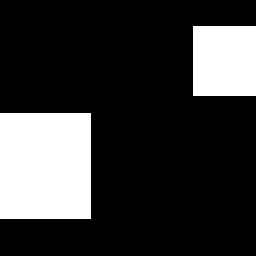Training proprioception with sound: effects of real-timeauditory feedback on intermodal learning
- authored by
- Shashank Ghai, Gerd Schmitz, Tong-Hun Hwang, Alfred. O. Effenberg
- Abstract
Our study analyzed the effects of real-time auditory feedback on intermodal learning during a bilateral knee repositioning task. Thirty healthy participants were randomly allocated to control and experimental groups. Participants performed an active knee joint repositioning task for the four target angles (20°, 40°, 60°, and 80°) bilaterally, with or without additional real-time auditory feedback. Here, the frequency of auditory feedback was mapped to the knee's angle range (0–90°). Retention measurements were performed on the same four angles, without auditory feedback, after 15 min and 24 hours. A generalized knee proprioception test was performed after the 24-h retention measurement on three untrained knee angles (15°, 35°, and 55°). Statistical analysis revealed a significant enhancement of knee proprioception, shown as a lower knee repositioning error with auditory feedback. This enhancement of proprioception also persisted in tests performed between the 5th and 6th auditory–motor training blocks (without auditory feedback). Enhancement in proprioception also remained stable during retention measurements (after 15 min and 24 h). Similarly, enhancement in the generalized proprioception on untrained knee angles was evident in the experimental group. This study extends our previous findings and demonstrates the beneficial effects of real-time auditory feedback to facilitate intermodal learning by enhancing knee proprioception in a persisting and generalized manner.
- Organisation(s)
-
Institute of Sports Science
Institute of Microelectronic Systems
- Type
- Article
- Journal
- Annals of the New York Academy of Sciences
- Volume
- 1438
- Pages
- 50-61
- No. of pages
- 12
- ISSN
- 0077-8923
- Publication date
- 25.02.2019
- Publication status
- Published
- Peer reviewed
- Yes
- ASJC Scopus subject areas
- General Neuroscience, General Biochemistry,Genetics and Molecular Biology, History and Philosophy of Science
- Electronic version(s)
-
https://doi.org/10.15488/4951 (Access:
Open)
https://doi.org/10.1111/nyas.13967 (Access: Closed)


